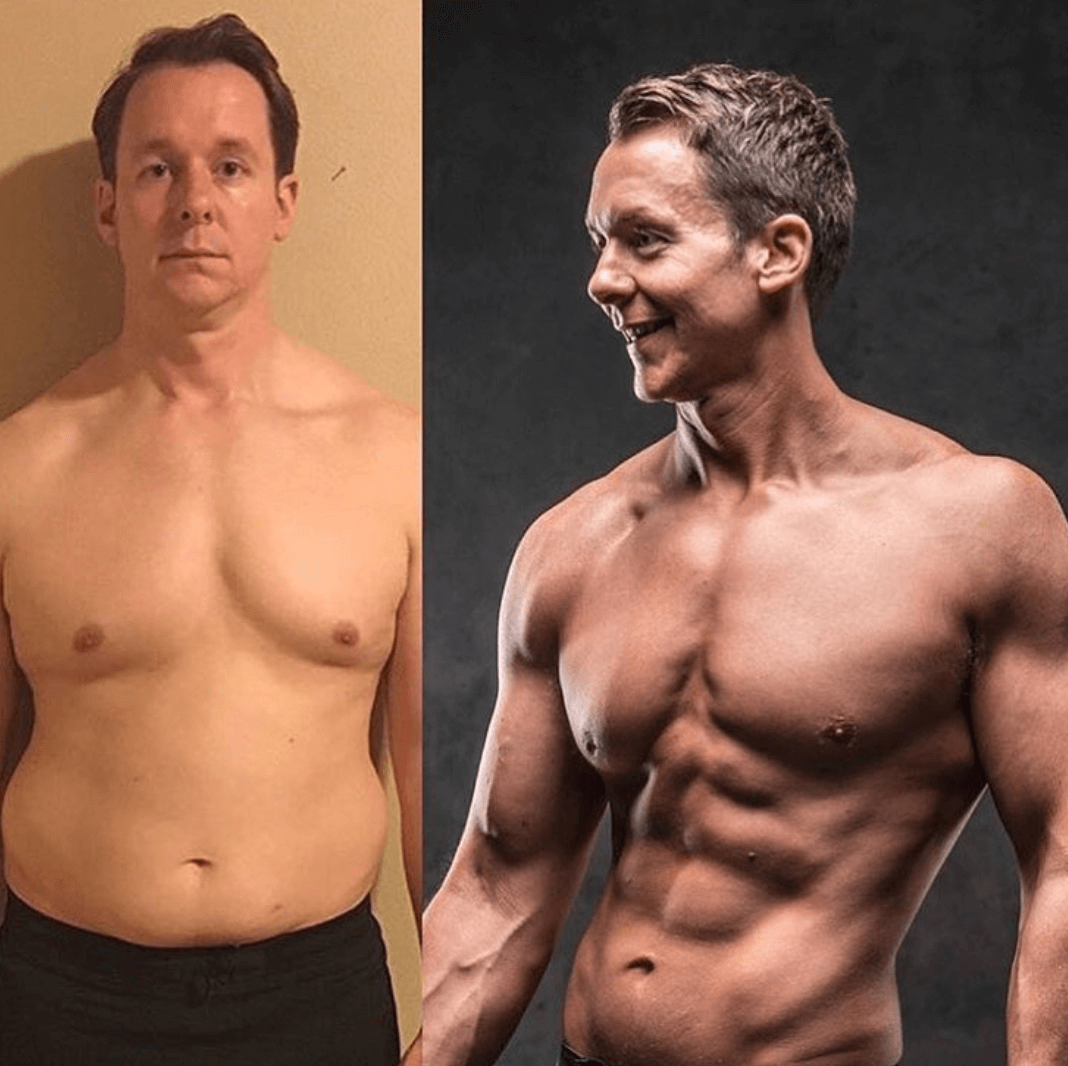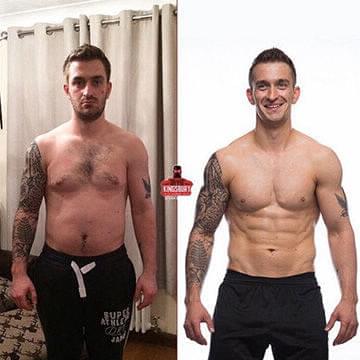The key to results in the gym is consistency in the kitchen. It doesn’t matter what your exercise goals are, if your nutrition doesn’t match them you won’t achieve them.
Health and fitness is a about balance but if you are struggling to reach a goal then it’s time to take a look at how you can overcome this with the perfect nutrition for you!
I want to cover some common problems and questions I get asked about nutrition and reaching your goals.

How much should I eat?
The simplest of questions. The answer is far from simple.
There are a number of factors that determine how much you need to eat. The first of which is your goals.
If your goal is to build muscle this means you need to be in a calorie surplus. A calorie surplus means eating more calories than you are burning.
If you are looking to lose body fat then you need to be in a calorie deficit. Meaning you burn more than you consume.
The base of both of these goals is first figuring out what your maintenance calories are. These can be worked out from activity levels, age, height, weight and gender.
Using a 10-25% increase of reduction will bring results. You will just need to determine your goal and stick at it!
What should my macros be?
With the explosion of fitness, healthy eating and weight loss in recent years people understanding of food is increasing. So I now often get asked about macros.
Macros are what your food is made up of. We have protein, fats, and carbohydrates. Most foods will have some of each in so balancing them out to make them into a structured plan can be difficult.
In order to determine what macros a person needs I make several considerations. I look at their goals and their current body fat levels
People with lower levels of body fat or those looking to build muscle can tolerate more carbs than those trying to lose fat or with higher levels of fat.
Calories are king but macros are a very close second in my book. So both need to be goal focused to achieve solid results.
Isn’t eating healthy expensive?
I get asked this a lot, but the truth is eating healthy doesn’t have to be super expensive. The main tricks to keeping food costs down are to have a plan of what you are going to eat. And not to waste food!
This all said I can’t emphasise enough that the quality of food is important, for your own health and also the welfare of animals and food producers.
Quick tips on this
Frozen foods are a great option – much less waste
Freeze food if you are not using it
Buy in bulk, things like bulk rice and oats will save you fortune over individual portions.
Prep your food – this is the best money saving advice on nutrition
Where do cheat meals fit in?
My take on cheat meals is it all comes down to how serious you are about your results. I see a benefit in refeed meals, but this is not the same as a cheat meal. A refeed is a calculated increase in your calories of healthy foods on a given day. A cheat meal is more of an unhealthy splurge.
If you are really serious about results, then a cheat meal won’t be a consideration. To get the best possible results then the focus and consistency of healthy eating is crucial.
I work in phases of training, some more relaxed than others. Depending on what phase I am in cheat meals may come into play rarely. But they will be slowing down my progress. During a lean out phase I very rarely have cheat meals.
I don’t put cheat meals in my plans because I don’t see them as being beneficial. But like anything with fitness consistency is key so if you eat right 99 times out on 100 you will do alright.
How do I eat out?
Another common problem people face is eating out. But this is an easy problem to solve.
Nearly every resteraunt out there will be able to make you something healthy or at least something that isn’t going to slow down your progress. You just have to ask for it!
Don’t get all the starters, mains and desserts. Be strict.
It isn’t as much about what the restaurant has to offer, but more what you order.
Meal frequency?
Each ‘expert’ you read will tell you ‘this’ or ‘that’ and for every article you read telling you one thing, it’ll soon be followed by another contradicting it. This phenomena isn’t exclusive to diet and exercise, it occurs in almost all aspects of modern life. The internet has created more self-proclaimed experts than any university.
People will tell you how important it is to eat a certain amount of meals each day or how regularly you need to take nutrients. For some people, with certain, very specific training goals, that might be the case, but for most of us, the key aspect isn’t meal frequency, but hitting your daily calorie requirements and macro targets.
Myths like ‘eating late at night will make you fat’ or ‘eating more meals will effect your metabolism’ are just wrong. They sound like they make sense, so people believe them, but nobody measures their metabolism based on a 10 hour period when you’re asleep. Of course you’re not using much energy whilst you sleep, so any food you eat before you turn in won’t be burned off. The thing is, your metabolism is judged over 24, 48 hours, or even longer. You need to measure your net balance over a prolonger period of time, not the time you’ve been asleep.
Our bodies are in a constant flux; going from an anabolic to a catabolic state. Because of that, it doesn’t really matter when you eat or how much you eat, it’s the net balance over a period of time that’s important. It’s whether you’re in a calorie surplus or calorie deficit that is going to affect your goals. Deficit will mean you lose weight, surplus will mean you gain weight. It’s that simple.
Training is the easy bit when it comes to getting in shape. Nutrition takes planning, will power and time. For support with all of this and the correct food plan for your goals you know where to find me.










